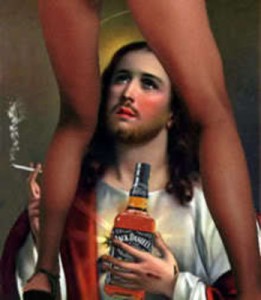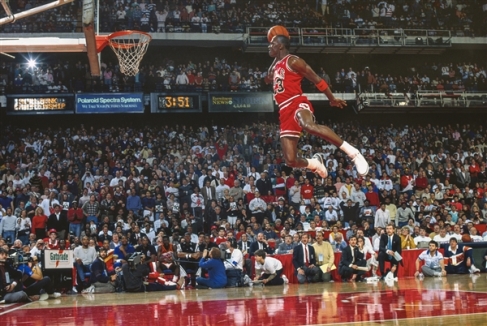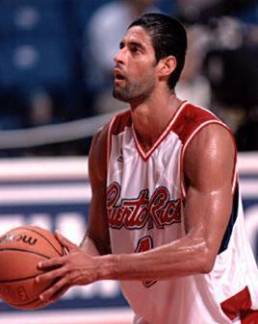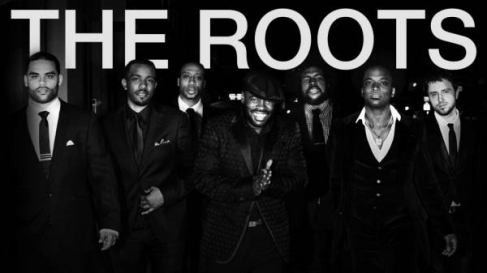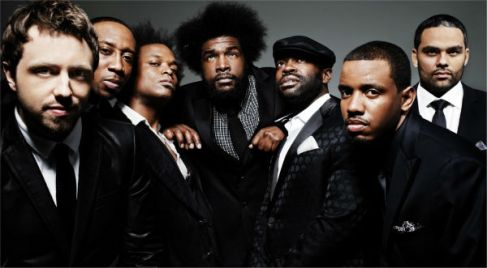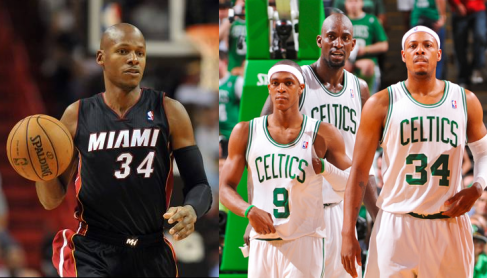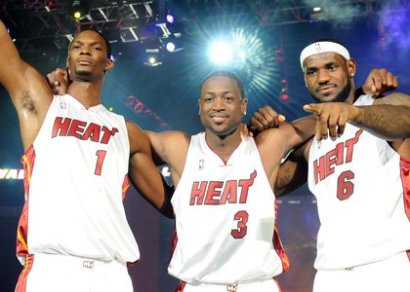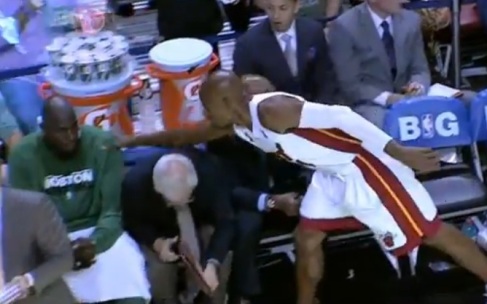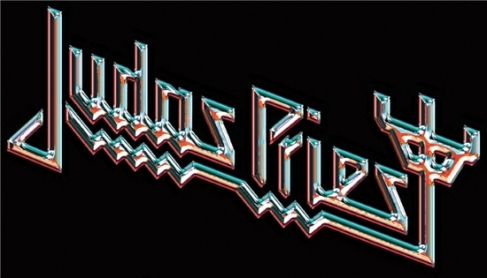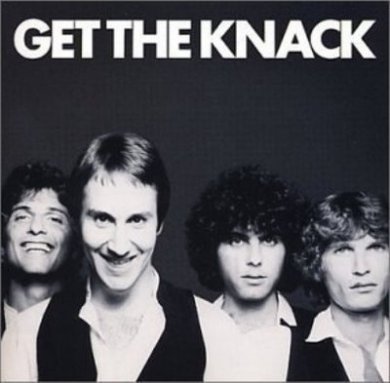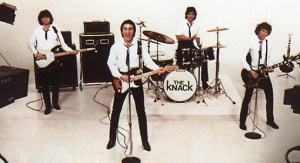It’s become a cliché only
because it’s true: The Beatles are the most popular, influential, and
innovative group in the history of rock music. They have sold more than 2
billion albums worldwide and continue to influence an astonishing number of
artists in different genres of music. To commemorate the 50th
anniversary of arrival in the United States, let’s go over some of their
biggest triumphs.
1) Creating new styles of music
The best evidence of The Beatles’ immense talent is their major role in creating new styles of music. It might be hard to believe that the same person invented soft rock and heavy metal, but Here, There and Everywhere and Helter Skelter, both written by Paul McCartney, are respective examples of the early stages of these two genres.
With their simple musical structures, romantic subject matter, and catchy guitar riffs, McCartney’s first collaborations with John Lennon (such as She Loves You, A Hard Day’s Night, and Day Tripper) inspired what would be known as “power pop” in the late 1970s. On the other hand, when they started to write more complex music and lyrics (as seen on the songs Eleanor Rigby, A Day in the Life, and Happiness is a Warm Gun), they kicked started progressive rock.
2) Standing out as composers in addition to performers
Most of the music marketed to teenagers that came out before 1963 was written by professional songwriters. Lennon and McCartney (and later, George Harrison) changed this forever. After The Beatles, rock & rollers would only be considered legitimate artists if they wrote their own material.
3) Forcing critics to see popular music as art
With the release of the seminal Sgt. Pepper’s Lonely Hearts Club Band in 1967, The Beatles elevated rock music to a level of respectability that was impossible to imagine at the time. Many music critics still consider it the best rock record ever released, and its eclectic mix of psychedelic pop (Lucy in the Sky with Diamonds), hard rock (Good Morning, Good Morning), music hall (When I’m Sixty-Four), raga (Within You Without You), and classical music (She’s Leaving Home) is extremely effective and totally unique.
4) Making lyrics important in pop music
Like most pop records of the day, The Beatles’ first hits spoke about romantic relationships in an innocent and almost infantile way. They matured between 1964 and 1965 and began to write more profound and sophisticated lyrics about taboo subjects like self-deprecation (I’m a Loser), romantic rejection (No Reply), despair stemming from extreme insecurity (Help!), romantic disappointment (I’m Looking Through You), and infidelity (Norwegian Wood).
5) Defining the LP as a valuable artistic statement
Standard industry practice before 1965 was that an LP consisted of one or two singles, a few cover songs, and a lot of filler. When The Beatles released Rubber Soul in December of that year, they presented the public with an album in which every song mattered. From that point forward, LPs needed thematic unity and had to establish their own aesthetic in order to be considered truly great. This served as a launching pad for more eye-opening innovations, including arguably the first ever concept album (the aforementioned Sgt. Pepper’s) and their self-titled double album, commonly referred to as “The White Album”.
6) Inventing new recording techniques
Together with producer George Martin and engineers Geoff Emerick, Ken Townsend, and Norman Smith, they changed the sound of rock music by inventing ADT (automatic double tracking), feedback (on I Feel Fine), and backwards recording (on Rain).
7) Revolutionizing fashion
The Beatles phenomenon transcends the music world; they had a remarkable impact on popular culture and even went on to become fashion pioneers. From the black suits and mop top haircuts of the “Beatlemania” days to Lennon’s trademark glasses and the colorful clothing of the “psychedelic years”, their style still has plenty of imitators.
8) Presenting the pop star as a cultural and social commentator
In the Beatles’ early years, their manager Brian Epstein forbade them from making political statements in order to avoid offending the record-buying public. Eventually, they resented these limitations and spoke freely about religion, drugs, the Vietnam War, and other controversial subjects.
9) Opening the American market to other British Groups
With their arrival on U.S. soil in February 1964, The Beatles set off “The British Invasion” and groups like The Rolling Stones, The Who, The Bee Gees, and The Kinks went on to sell millions of records.
10) Establishing the prototype for music videos
In 1966, The Beatles were tired of appearing on television to promote their songs. They solved this problem by creating promotional videos for their singles Paperback Writer and Rain, which gave birth to modern music videos.

